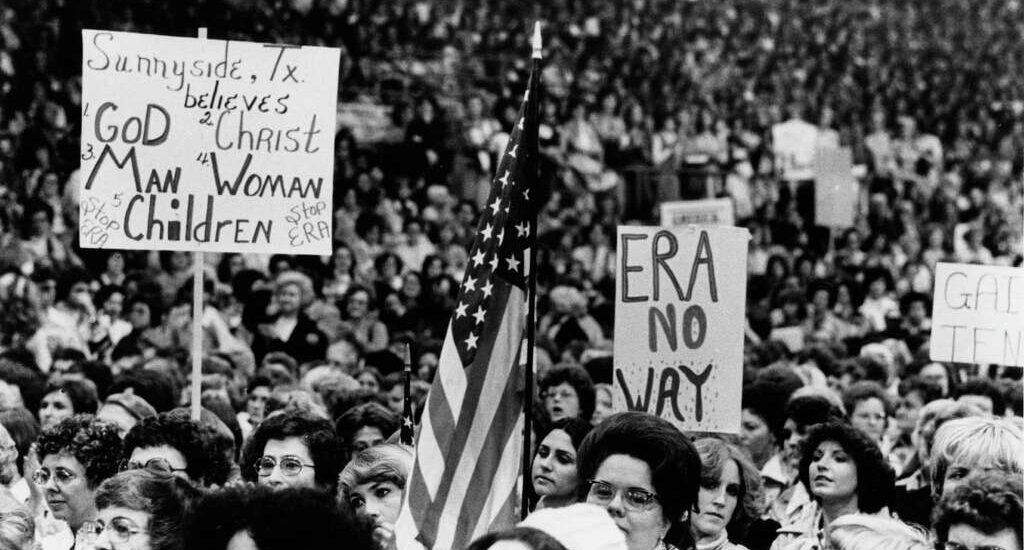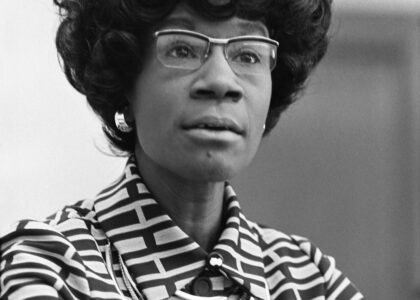Welcome to the site of Houston’s Anti-ERA Pro-Family Rally, an important historical landmark in the American feminist and political landscape of the late 20th century. This location played a significant role during the debates surrounding the Equal Rights Amendment (ERA) in the 1970s and 1980s.
The rally was part of a broader movement that was deeply embedded in the political and social fabric of the time. The Equal Rights Amendment, first proposed in 1923, gained significant momentum in the 1970s as part of the women’s liberation movement. The amendment sought to guarantee equal legal rights for all American citizens regardless of sex, aiming to end the legal distinctions between men and women in terms of divorce, property, employment, and other matters.
However, not everyone agreed with the ERA. A significant opposition movement emerged, led by conservative activist Phyllis Schlafly, who argued that the ERA would lead to unintended consequences that would disrupt traditional family structures and roles. The Anti-ERA Pro-Family Rally in Houston was emblematic of this opposition, drawing participants from across the nation who were concerned about the potential societal changes the ERA might bring.
The rally highlighted key figures in the anti-ERA movement, including Schlafly herself, who was known for her articulate speeches and strategic organizing skills. Her influence was pivotal in galvanizing a grassroots movement that was able to stall the ratification of the ERA by persuading enough state legislatures to reject it.
Over time, this location has evolved from a site of political demonstration to a symbol of the dynamic and often contentious nature of American democracy. It serves as a reminder of the power of civic engagement and the enduring debates over gender roles and rights in the United States.
The broader historical context of this rally includes the rise of the conservative movement in America during the 1970s and 1980s, which saw a shift in the political landscape with significant impacts on both domestic and foreign policy. The opposition to the ERA was a key component of this movement, intertwining issues of gender, politics, and culture in a way that continues to resonate today.




